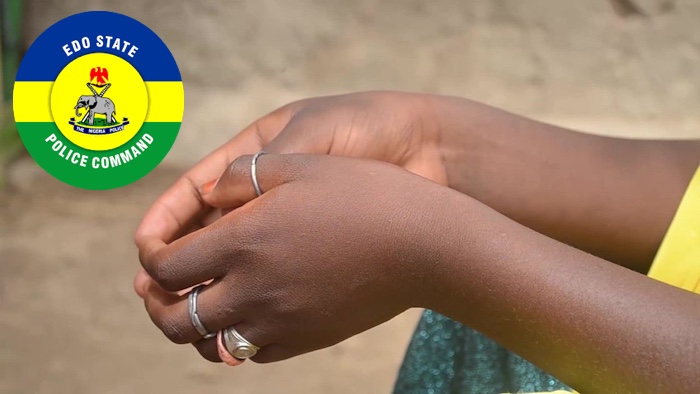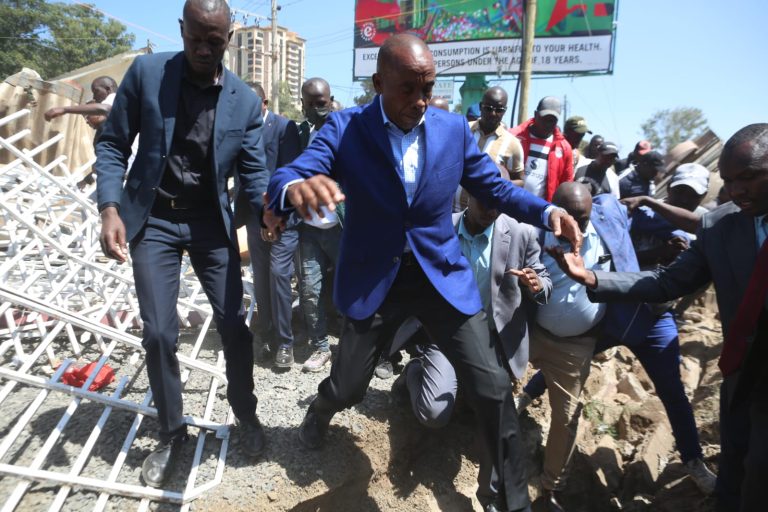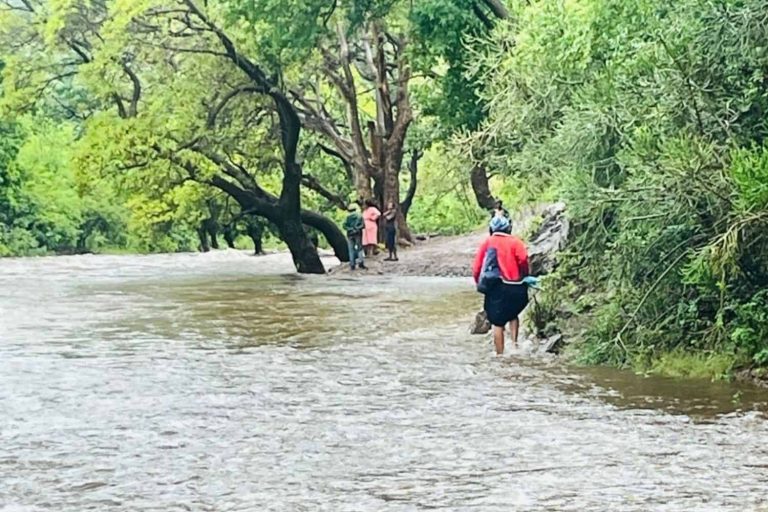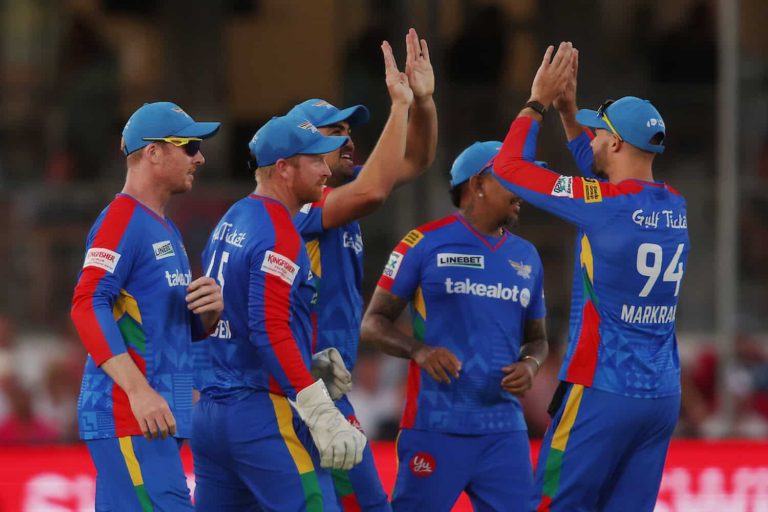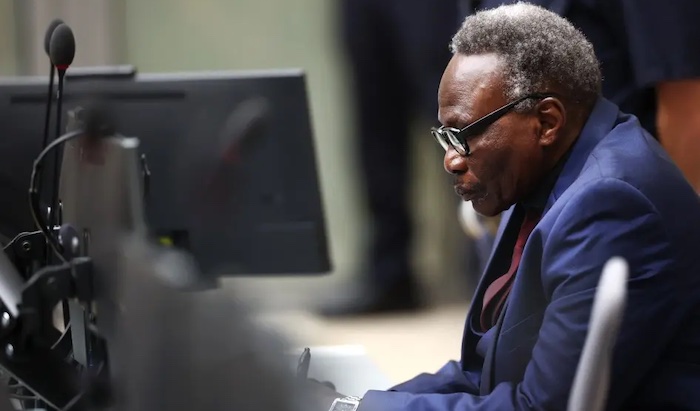
The International Criminal Court (ICC) on Monday delivered a landmark verdict, convicting former Janjaweed militia leader Ali Muhammad Ali Abd-Al-Rahman, also known as Ali Kushayb, of 27 counts of war crimes and crimes against humanity for his role in atrocities committed in Sudan’s Darfur region over two decades ago.
The charges against Abd-Al-Rahman included murder, rape, persecution, and forced displacement, all carried out as part of a brutal campaign against non-Arab communities in Darfur between 2003 and 2004. His sentence will be determined in a later hearing, following additional proceedings at The Hague-based court.
This conviction is the first in connection with crimes committed in Darfur since the United Nations Security Council referred the case to the ICC in 2005, making it a significant milestone for international justice.
Presiding judge Joanna Korner said the court unanimously found Abd-Al-Rahman guilty on all counts, rejecting his defence that he was a victim of mistaken identity.
“He encouraged and gave instructions that resulted in the killings, rapes, and destruction committed by the Janjaweed,” Korner said. “He gave orders to wipe out and sweep away non-Arab tribes and told his soldiers, don’t leave anyone behind. Bring no one alive.”
Darfur’s conflict began in 2003 when mostly non-Arab rebels accused Sudan’s then government of marginalisation. In response, Khartoum armed the Janjaweed militias, unleashing widespread violence that the United States and human rights organisations later described as genocide.
For many victims, the verdict represents long-overdue recognition of their suffering.
“As victims, the ruling is a victory for us and for justice,” said Jamal Abdallah, 32, who was displaced from his West Darfur home as a child. “The crimes he committed had huge impacts for the last 22 years. We were displaced, made refugees in camps.”
UN human rights chief Volker Türk praised the ruling as “an important acknowledgment of the enormous suffering endured by the victims” and “a first measure of long overdue redress for them and their loved ones.”
In Kalma camp, South Darfur, displaced residents watched the verdict through a Starlink connection. “We have been waiting for more than 20 years for this day,” said one elderly man. “We hope there will be reparations for what we have lost.”
Despite the verdict, several ICC arrest warrants remain outstanding against senior Sudanese figures, including former President Omar al-Bashir, who is wanted for genocide, and former Defence Minister Abdelrahim Mohamed Hussein, both reportedly held by Sudan’s military in the country’s north.
Another ICC fugitive, former Interior Minister Ahmed Haroun, was seen earlier this year in northern Sudan after escaping prison. He has publicly dismissed the ICC as a “colonialist institution.”
The ruling comes as Sudan is again engulfed in conflict, following the outbreak of war in April 2023 between the Sudanese Armed Forces and the Rapid Support Forces (RSF) — a group with roots in the Janjaweed militias. The fighting has triggered ethnically driven massacres, mass displacement, and what the UN describes as the world’s worst humanitarian crisis.
“The same people who were there in the 2000s are in the RSF now,” Abdallah said. “The reason they repeat their crimes is lack of accountability.”
The ICC’s verdict, victims hope, could mark the beginning of long-delayed justice — and a warning that impunity for war crimes will no longer go unpunished.
Melissa Enoch
